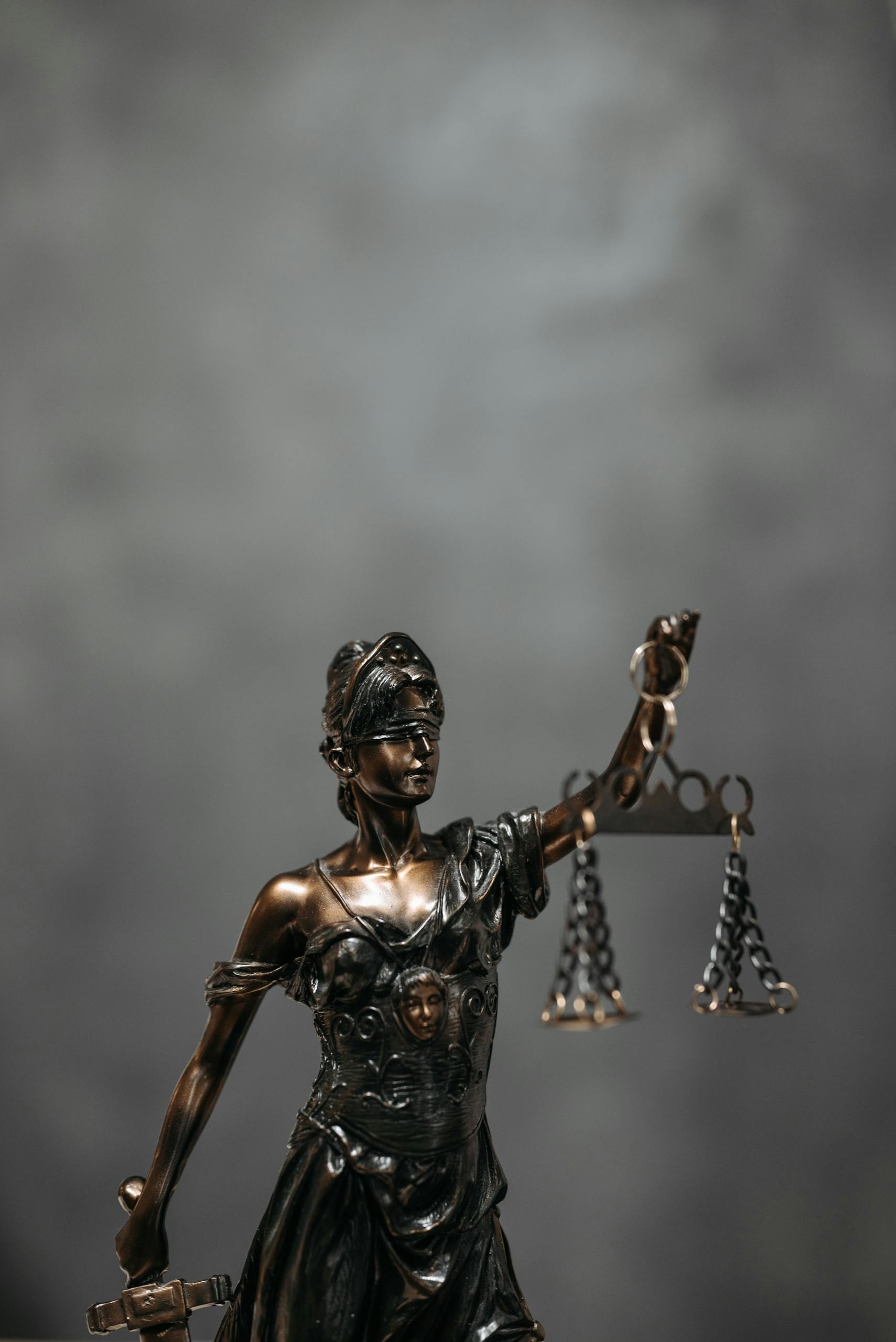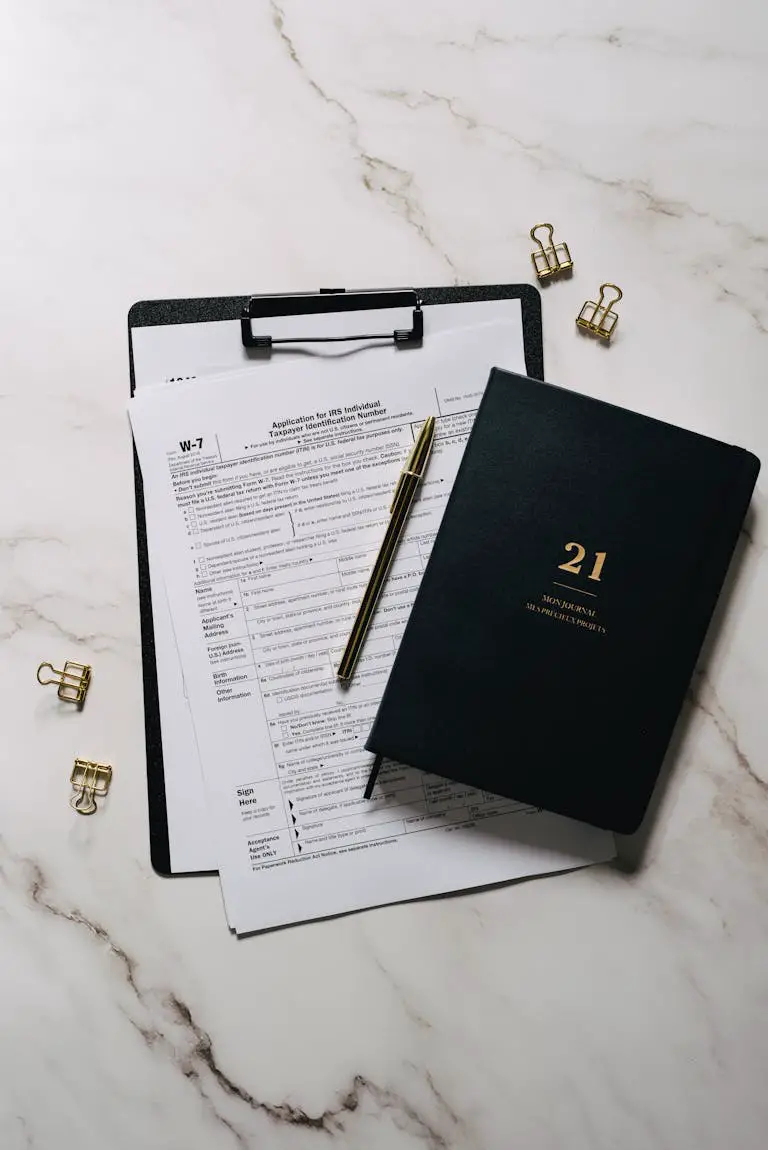How to Sue Your Lawyer for Malpractice
When you hire a lawyer, you’re putting your trust in a professional to protect your rights and advocate for your best interests. But what happens when that trust is broken?
If you believe your lawyer’s negligence has caused you harm, you might be considering a malpractice lawsuit. As someone who’s navigated the complicated world of legal issues, I understand how daunting this prospect can be. Let’s break down the process of How To Sue Your Lawyer for Malpractice, step by step kids….
Legal Malpractice: By the Numbers
Before we dive in, let’s look at some eye-opening statistics:
| Statistic | Number |
| Percentage of lawyers who face at least one malpractice claim in their career | 4-17% |
| Average payout for legal malpractice claims | $100,000 |
| Most common type of malpractice claim | Substantive errors (46%) |
| Percentage of malpractice claims filed against solo practitioners or small firms | 70% |
These numbers underscore the reality of legal malpractice and the importance of understanding your rights as a client.
Step 1: Determine If You Have a Valid Malpractice Case
Not every mistake or unfavorable outcome qualifies as malpractice. To have a valid case, you generally need to prove four elements:
- An attorney-client relationship existed
- The lawyer was negligent
- The negligence caused harm
- The harm resulted in financial losses
“Malpractice isn’t about losing a case. It’s about an attorney failing to meet the accepted standards of legal practice, resulting in harm to the client.” – Sarah Johnson, Legal Ethics Professor
Step 2: Gather Evidence
If you believe you have a case, start collecting evidence immediately. This may include:
- Correspondence with your lawyer
- Court documents
- Billing statements
- Witness statements
- Expert opinions
Personal Anecdote: When I suspected malpractice in a business litigation case, I created a detailed timeline of events, including all interactions with my lawyer. This organized approach proved invaluable as the case progressed.
Step 3: Consult with a Legal Malpractice Attorney
This is a crucial step. Legal malpractice is a specialized area of law, and you’ll need an expert to navigate it.
“Never try to handle a legal malpractice case on your own. The complexities require specialized knowledge and experience.” – Michael Chen, Legal Malpractice Attorney
When choosing a malpractice attorney:
- Look for experience specifically in legal malpractice cases
- Check their track record of success
- Ensure they’re willing to take your case to trial if necessary
Step 4: File a Complaint
If your malpractice attorney believes you have a strong case, they will file a complaint on your behalf. This formal document outlines:
- The facts of your case
- How your original lawyer’s actions constituted malpractice
- The damages you’re seeking
Step 5: The Discovery Process
Once the complaint is filed, both sides will engage in discovery. This involves:
- Exchanging documents
- Taking depositions
- Potentially hiring expert witnesses
Be prepared for this process to take several months.
Step 6: Negotiate or Go to Trial
Many malpractice cases are settled out of court. Your attorney will negotiate on your behalf. If a fair settlement can’t be reached, your case will go to trial.
“While settlements are common, don’t be afraid of going to trial if necessary. Sometimes, it’s the best way to get the justice you deserve.” – Lisa Patel, Litigation Expert
Potential Outcomes: What to Expect from a Malpractice Lawsuit
When pursuing a legal malpractice case, it’s crucial to understand the range of possible outcomes. Let’s dive deeper into what you might expect:
- Monetary Compensation
- Economic Damages: This includes tangible financial losses directly resulting from the lawyer’s malpractice. For example:
- The value of a case that was lost due to the lawyer’s negligence
- Legal fees paid to the negligent lawyer
- Additional costs incurred to rectify the situation
- Non-Economic Damages: In some cases, you may be awarded compensation for intangible harm, such as emotional distress or damage to reputation.
- Economic Damages: This includes tangible financial losses directly resulting from the lawyer’s malpractice. For example:
- Punitive Damages
- Reserved for cases of extreme misconduct or gross negligence
- Intended to punish the lawyer and deter similar behavior in the future
- Can significantly increase the total award, sometimes exceeding the compensatory damages
- Disciplinary Action by the State Bar
- While not a direct outcome of your lawsuit, your case may prompt the state bar to investigate and potentially discipline the lawyer
- Actions can range from private reprimands to suspension or disbarment
- This helps protect future clients from similar misconduct
- Settlement
- Many malpractice cases are resolved through negotiated settlements
- Can provide a quicker resolution and avoid the uncertainty of a trial
- May include confidentiality agreements
- Judgment in Your Favor
- If your case goes to trial and you win, the court will issue a judgment in your favor
- The judgment will specify the amount of damages awarded
- You may then need to take steps to collect on the judgment
- Judgment in Favor of the Lawyer
- If you lose at trial, the court will rule in favor of the lawyer
- You may be responsible for certain court costs
- You may have the option to appeal the decision
“The outcome of a malpractice case can vary widely. It’s important to have realistic expectations and understand that the goal is to make you whole, not to provide a windfall.” – Elena Rodriguez, Legal Malpractice Expert
Real-Life Examples: Legal Malpractice Scenarios
Let’s look at three detailed examples to better understand how legal malpractice can occur and the potential outcomes:
1. The Missed Deadline
Sarah hired attorney John Smith to file a personal injury lawsuit after a car accident. The statute of limitations for filing such cases in her state was two years. John assured Sarah he would file the lawsuit well before the deadline. However, he miscalculated the date and filed the lawsuit two days after the statute of limitations expired.
As a result, Sarah’s case was dismissed, and she lost her right to seek compensation for her injuries. Sarah sued John for malpractice. Her new attorney demonstrated that John’s negligence in missing the filing deadline directly caused Sarah to lose her opportunity to pursue her case.
Outcome: The malpractice case settled out of court. John’s malpractice insurance paid Sarah $250,000, which was the estimated value of her original personal injury claim. John also received a private reprimand from the state bar.
2. The Conflict of Interest
Michael hired lawyer Jane Doe to represent him in a business dispute with his former partner, Tom. What Michael didn’t know was that Jane had previously done legal work for Tom’s new company. Jane failed to disclose this conflict of interest and proceeded to represent Michael.
During settlement negotiations, Jane advised Michael to accept a low-ball offer, which he later discovered was highly favorable to Tom’s company. Michael sued Jane for malpractice, alleging that her undisclosed conflict of interest led her to provide biased advice that caused him financial harm.
Outcome: The case went to trial. Michael was awarded $500,000 in compensatory damages and an additional $100,000 in punitive damages due to Jane’s intentional concealment of the conflict of interest. The state bar suspended Jane’s license for one year.
3. The Incompetent Representation
David hired attorney Mark Johnson to defend him against criminal charges. Mark had little experience in criminal law but took the case anyway. During the trial, Mark failed to object to inadmissible evidence, didn’t call key witnesses, and made several critical errors in his legal arguments.
David was convicted and sentenced to five years in prison. After serving two years, David’s conviction was overturned on appeal due to ineffective assistance of counsel. David then sued Mark for malpractice.
Outcome: The malpractice case settled before trial. Mark’s insurance paid David $750,000 to compensate for the two years of wrongful imprisonment and the emotional distress suffered. The state bar initiated proceedings that resulted in Mark’s disbarment due to his gross incompetence and violation of ethical rules.
Expanded Frequently Asked Questions
Adding to our previous FAQ section:
Q: Can I sue my lawyer for settling my case without my permission? A: Yes, if your lawyer settled your case without your authorization, this could be grounds for a malpractice lawsuit. Lawyers are required to obtain client consent before settling a case.
Q: What if my lawyer missed important evidence that could have won my case? A: If your lawyer failed to discover or present crucial evidence that a competent attorney would have found and used, and this failure significantly affected the outcome of your case, you may have grounds for a malpractice claim.
Q: Can I sue my lawyer for overbilling? A: Yes, fraudulent billing is a form of malpractice. However, you’ll need to prove that the billing was indeed fraudulent and not just a misunderstanding or dispute over the amount of work done.
Q: What if my lawyer made a mistake but I didn’t lose any money? A: To succeed in a malpractice claim, you generally need to show that you suffered actual damages. If you can’t demonstrate financial loss, it may be difficult to pursue a malpractice case, even if your lawyer made a mistake.
Q: Can I sue my lawyer for breach of confidentiality? A: Yes, a breach of attorney-client privilege or confidentiality can be grounds for a malpractice lawsuit, particularly if the breach caused you harm.
Q: How long does a legal malpractice case typically take? A: Legal malpractice cases can be complex and time-consuming. While some may settle quickly, others can take years, especially if they go to trial. On average, you might expect the process to take 1-3 years.
Conclusion: Protecting Your Rights
Suing your lawyer for malpractice is a serious step, but sometimes it’s necessary to right a wrong and recover your losses. Remember, the legal profession is built on trust and ethical standards. When those standards are breached, you have the right to seek justice.
If you’re considering a malpractice lawsuit, don’t go it alone. Consider using a service like LegalShield, which can connect you with experienced malpractice attorneys who can evaluate your case and guide you through this complex process. Learn more about how LegalShield can assist you here.
The path to holding a negligent lawyer accountable may be challenging, but with the right guidance and perseverance, you can protect your rights and potentially prevent others from experiencing similar harm in the future.






